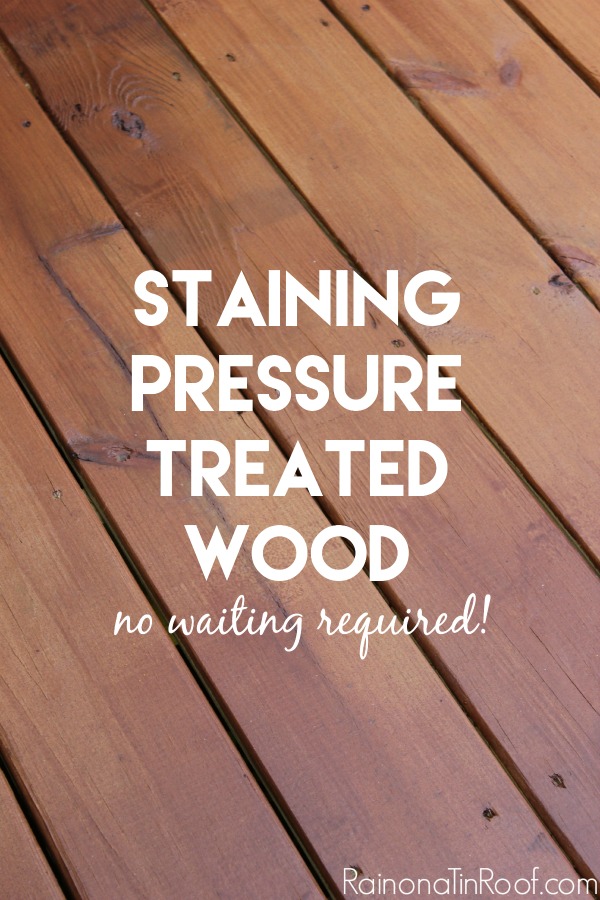
Can You Paint Pressure Treated Wood Right Away change comin
1. Prepare the wood for painting. As is the case when painting a room, the first step is to clean the wood surface thoroughly to remove any dirt, dust, or debris. The best tool for this is a stiff brush. 'After cleaning, sand the wood surface lightly to create a smooth and even surface for painting,' says Christin.
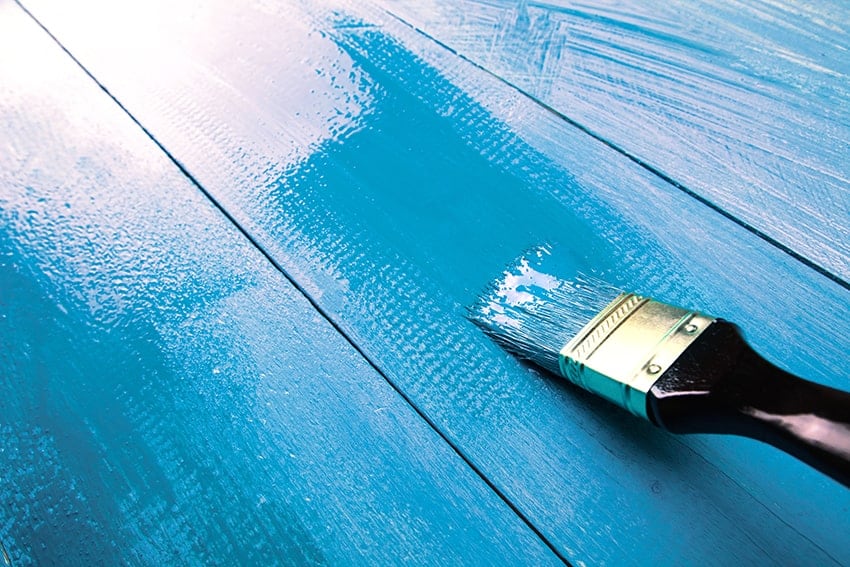
Can You Paint Pressure Treated Wood Wood Improve
Short answer, pressure treated wood is much less likely to rot. Long answer, yes it can rot. But only if there is a fungal issue in the wood itself. Issues with fungi in the wood will tend to crop up if there is moisture in the wood for the fungus to grow in. So always make sure the wood is fully dry before you start painting or building with.
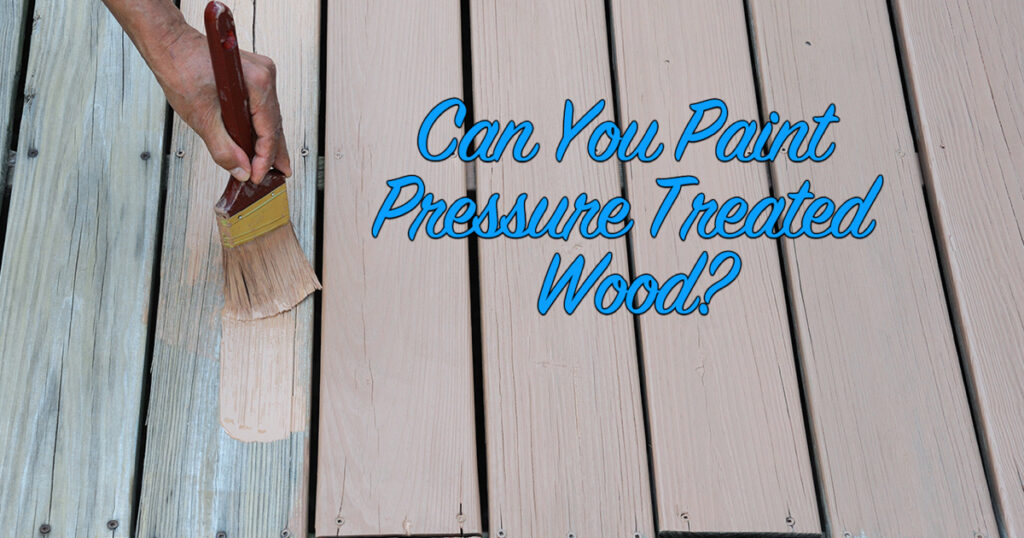
can_you_paint_pressure_treated_wood The Craftsman Blog
The most important step to painting pressure treated wood is letting the wood dry appropriately. This may take a few weeks up to as long as a month, depending on how 'wet' the wood was when you bought it. One of the biggest indicators of the state of pressure treated wood is its color. When the wood is wet, the color will be a dark.
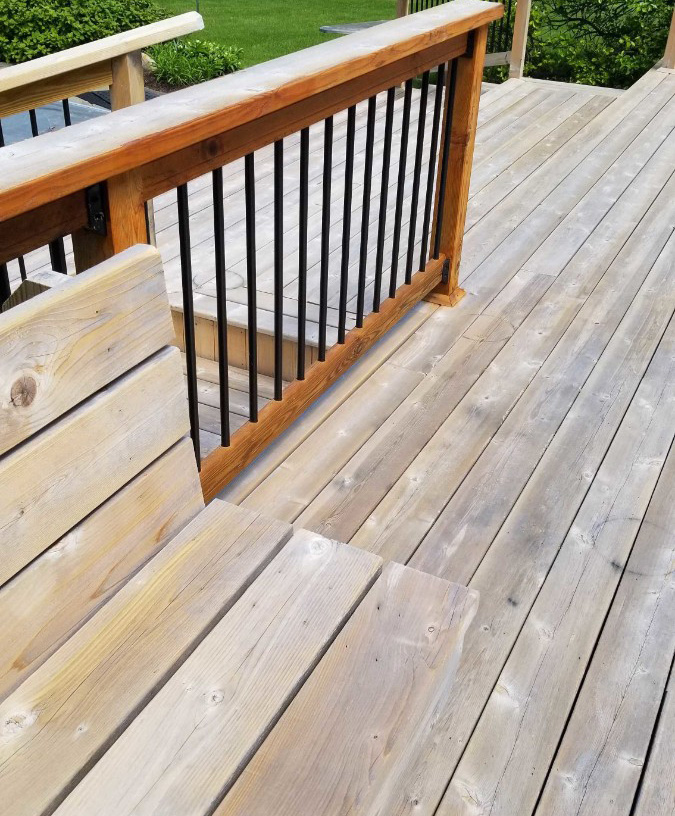
Can You Paint Pressure Treated Wood Easily? Precision Painting Plus
The drying time can take up to a month or longer, but it's the most critical step. Otherwise, the paint will warp and peel. Once the wood is dry, you can apply primer and paint that's designed for exterior use. Let's take a closer look at how to paint pressure-treated wood in a few simple steps. We'll also go over the best type of paint.

How To Paint Pressure Treated Wood? 4 Easy Steps.
Yes, you can paint pressure-treated wood. Just be sure to dry the surface first and use a brush, roller, or sprayer that will produce a good, even coat. You may also want to use a primer before painting the wood because the chemicals in the treated lumber are sensitive to oil-based paints.
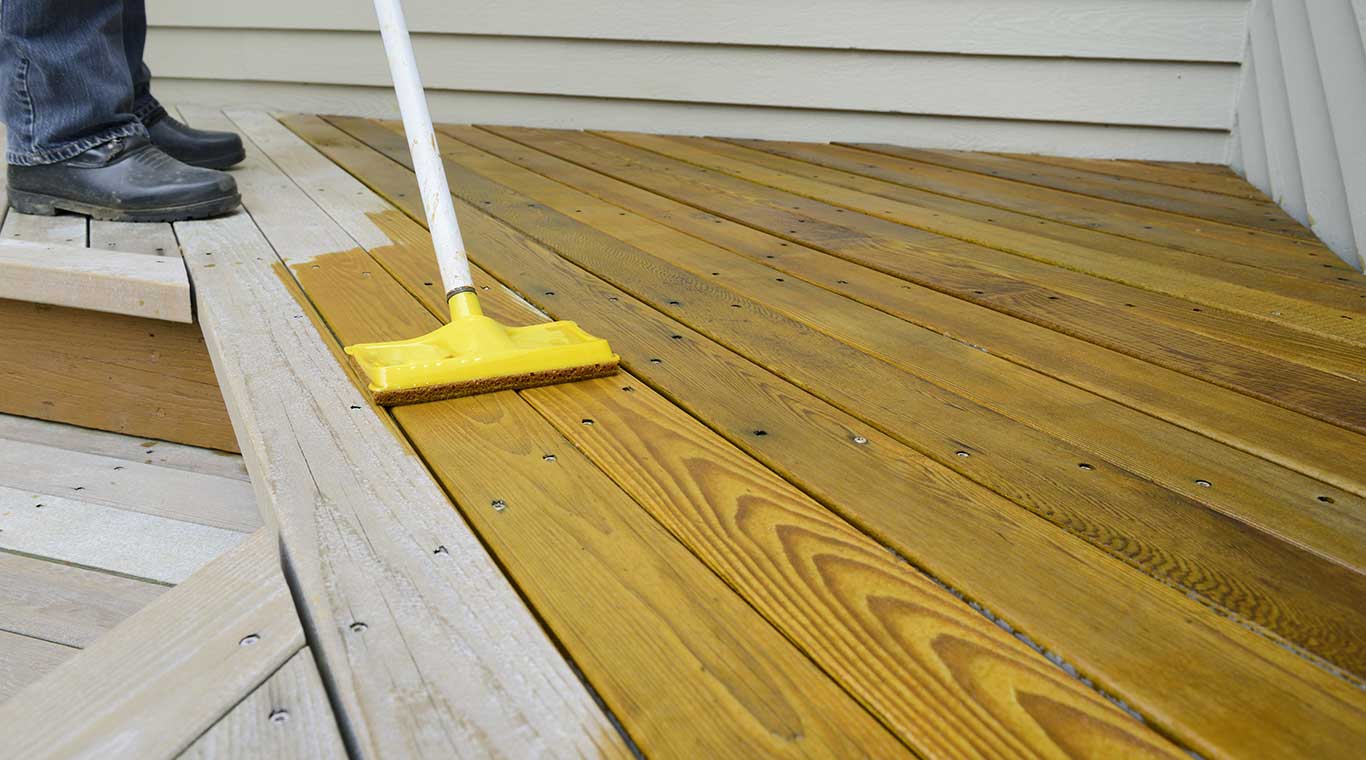
Pressure Treated Plywood YellaWood
Yes, you can. However, when the wood has been pressure-treated, it becomes very wet with preservatives and is often still very damp when sold. Should you try to apply a surface finish over that degree of moisture, the results will be patchy, and the covering will fail to adhere. When preparing to paint or stain any timber, whether it's.

painting pressure treated wood sherwin williams Vernita Augustine
Step 2 - Wait for the Wood to Dry. Regular, unsealed wood usually dries within a few days, but pressure treated wood takes much longer to dry—either weeks or months, depending on what the wood is treated with. Painting the wood before it's dry will be a waste of time because the paint will peel away as the moisture pushes up underneath.
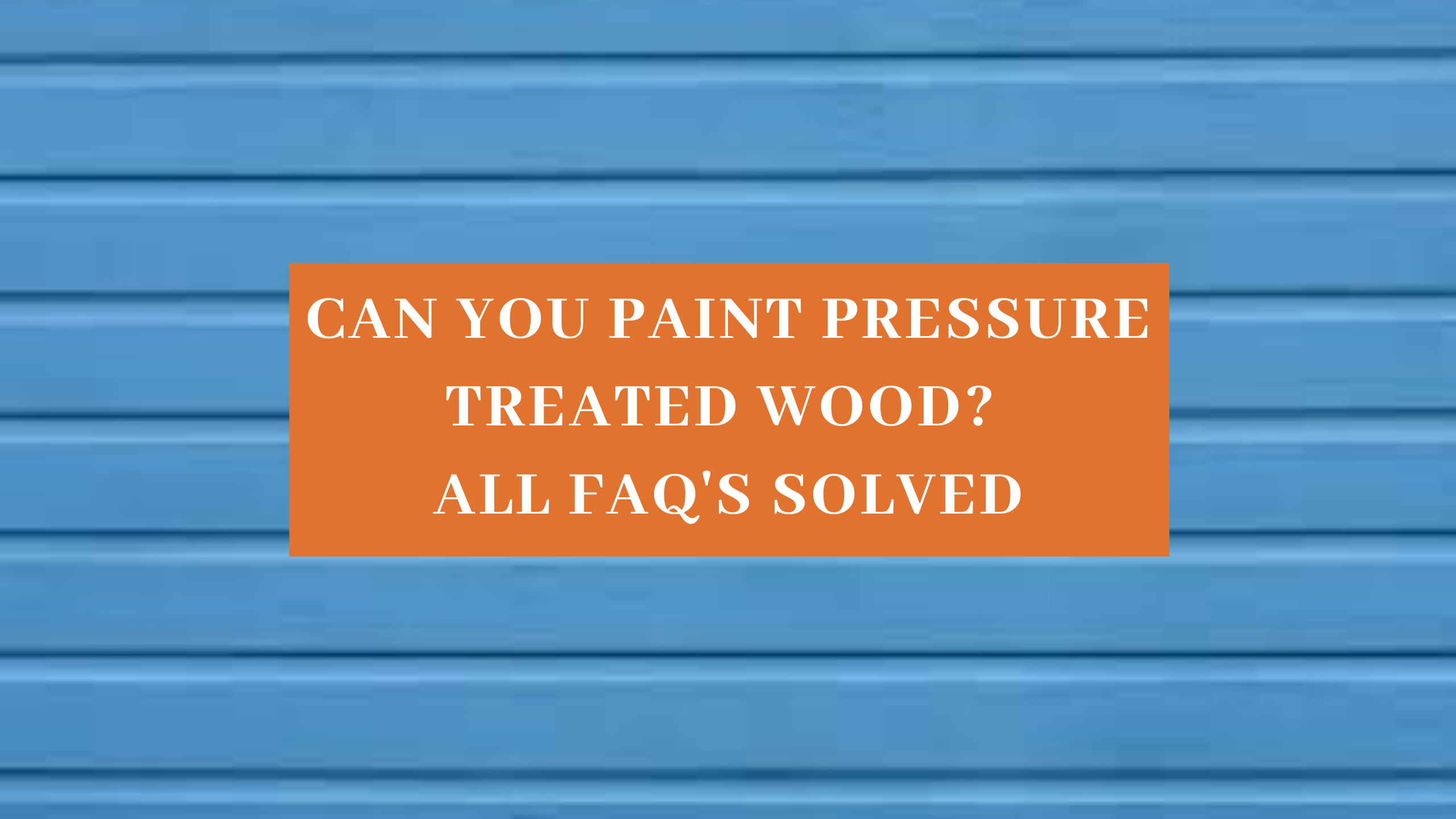
Can You Paint Pressure Treated Wood? We Reveal All Millwork Guide
Step 1: Make Sure Wood is Completely Dry. If your wood has recently been pressure treated, you'll need to make sure you give it plenty of time to dry. It is crucial for the wood to be completely dry before painting. If paint is applied before the wood has fully dried, the paint simply will not dry, or it will blister and peel over time.
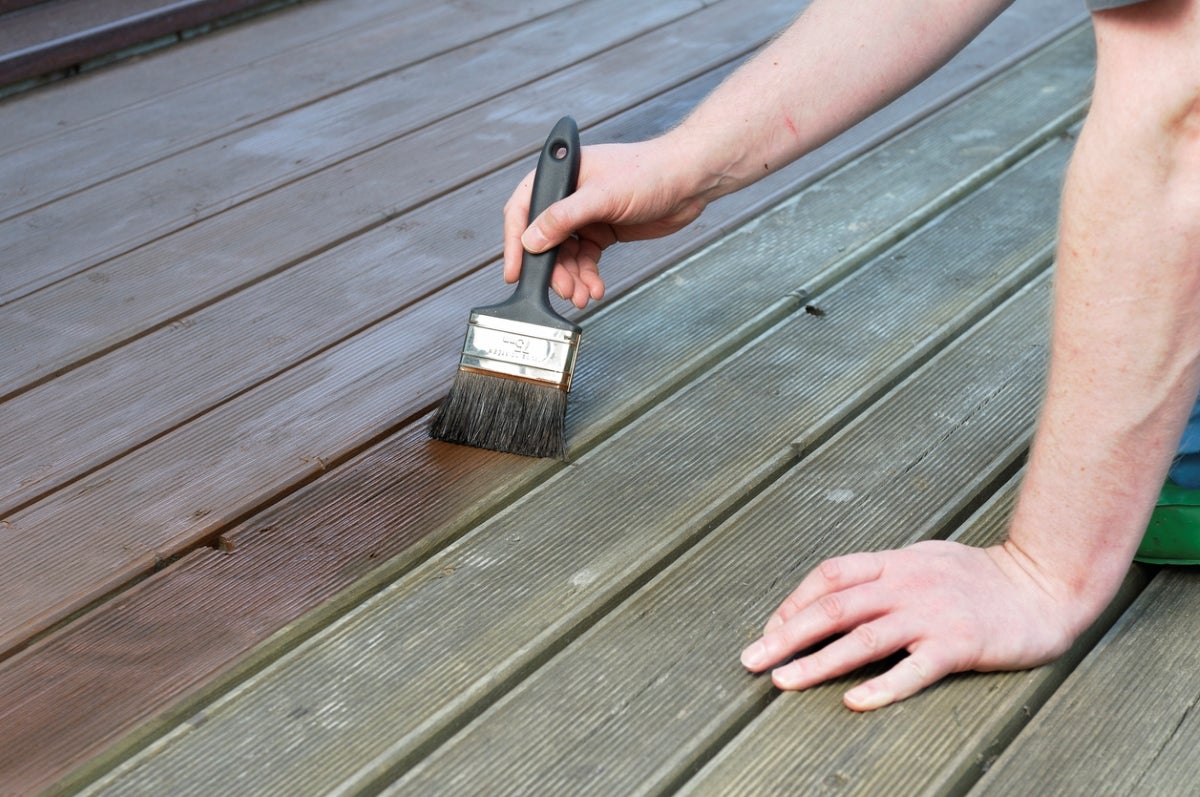
How to Paint PressureTreated Wood in 3 Easy Steps Bob Vila
But, when it comes to the question, "can you paint new pressure-treated wood?" the answer is a simple no. It's important to wait to paint pressure-treated wood until it is completely dry. That can take anywhere from 8 weeks to 18 months, depending on how humid the climate is where you are.
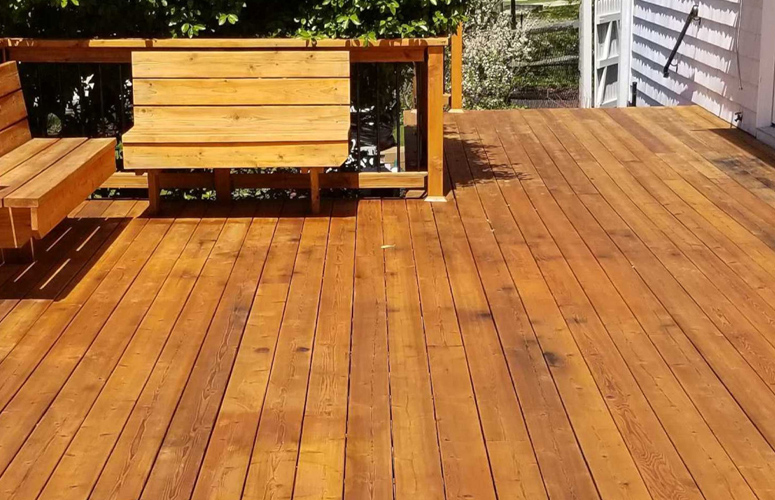
Can You Paint Pressure Treated Wood Easily? Precision Painting Plus
Paint, brush and heat gun, ready to go. The answer is: YES, you can absolutely paint treated wood! But, the catch is that you should not paint treated wood too soon after it has been purchased. Treated wood is shipped while still "wet.". The liquid chemical preservatives are still present in the lumber, causing it to feel extremely heavy.
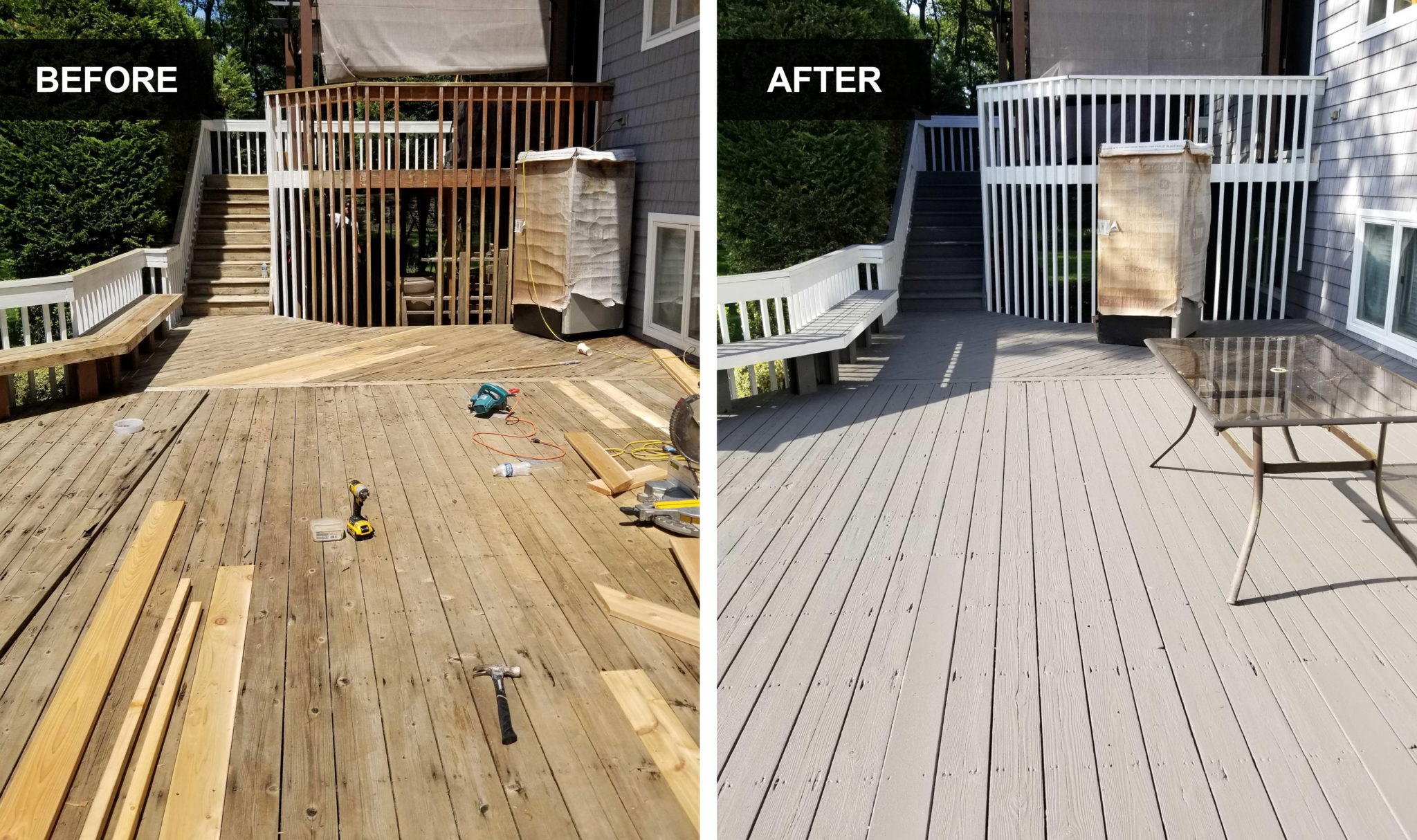
Can You Paint Pressure Treated Wood Easily? Precision Painting Plus
The good news is that yes, you can absolutely paint pressure treated lumber. In fact, it's recommended to apply a protective layer of paint or stain, increasing its health, longevity, and beauty. After all, pressure treated wood has a strong start, but it won't last forever. Before you get started, there are a few things you have to know.

How to Paint Pressure‐Treated Wood 10 Steps (with Pictures)
To paint pressure treated wood, you'll need a few basic tools to ensure a smooth and successful painting process. Here are the tools and supplies you'll typically need: Paint Brushes or Rollers: Select high-quality paint brushes or rollers suitable for the type of paint you're using and the size of the project.

Paint Treated WoodTips and Tricks YouTube
This should always be your first step in a painting project. When painting pressure treated wood, cleaning helps dilute chemicals on the surface used to treat the wood that can cause your paint to peel up later on. Use mild soap and water to scrub down the entire surface with a rag or bristle brush. Rinse the wood completely with clean water.

Can you paint pressure treated wood? Bringing Your Dream Residence To Life
STEP 2: Apply primer to the dry wood. Photo: istockphoto.com. Once you've confirmed the new or thoroughly cleaned pressure-treated wood is dry, you can begin painting. Start with primer.
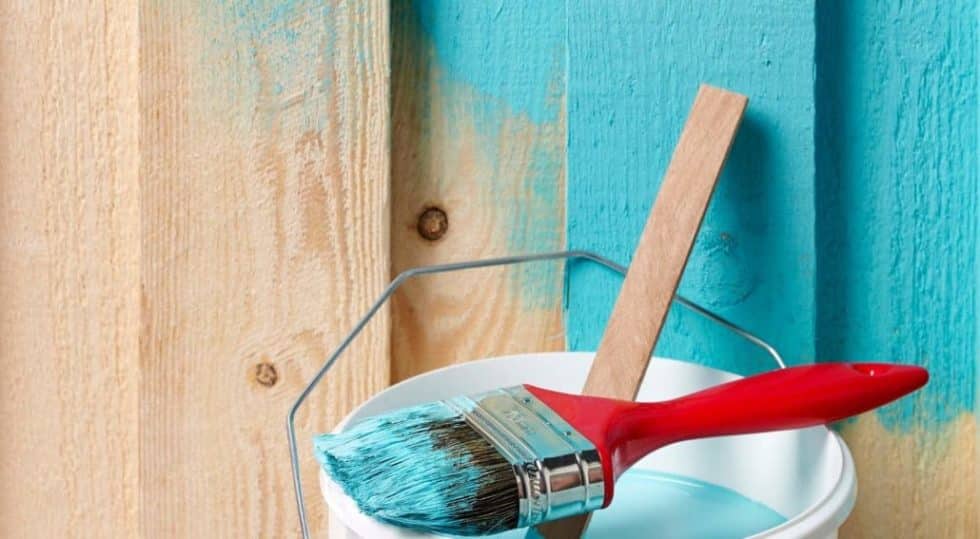
Can You Paint Pressure Treated Wood? Two Brothers Painting
Pressure-treated wood can be painted in just seven simple steps, starting with cleaning the surface, patching the wood, and testing for moisture content before moving on to priming and painting the pressure-treated wood. Painting pressure-treated wood is a key step because, while it is incredibly hardy, it doesn't last forever.
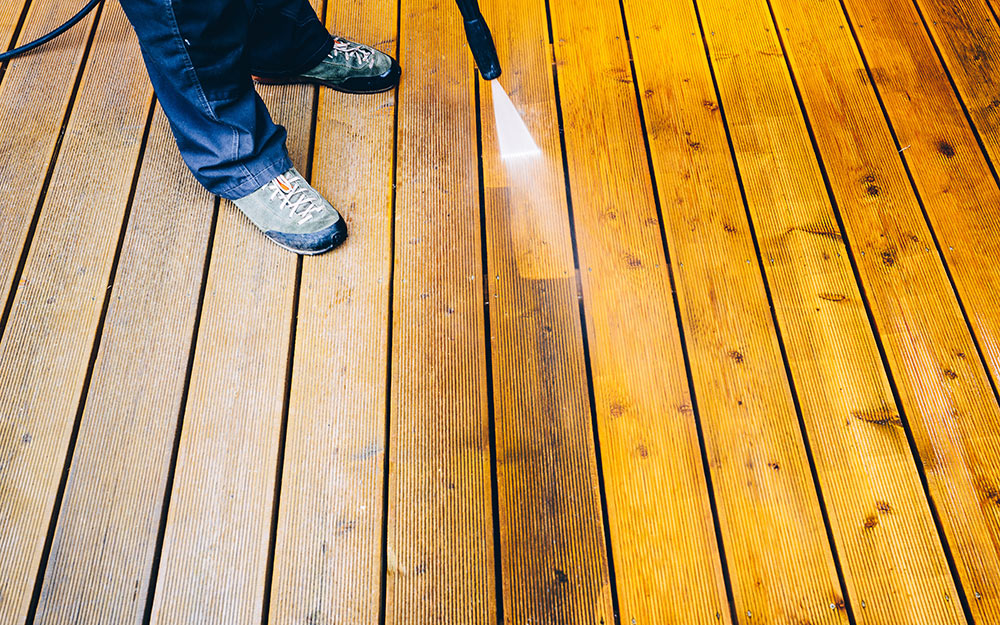
Painting Treated Lumber Everything You Need to Know
To determine if your treated wood is paintable, drop some water on the surface of the board. If the water soaks into the wood, then it's ready for paint. However, if the water beads on the surface, then the wood is still too damp. After the wood is pressure treated, it can be moist for quite a while. The moisture can make the wood difficult.